Saudi Aramco: A Deep Dive into the World's Largest Oil Producer
Introduction: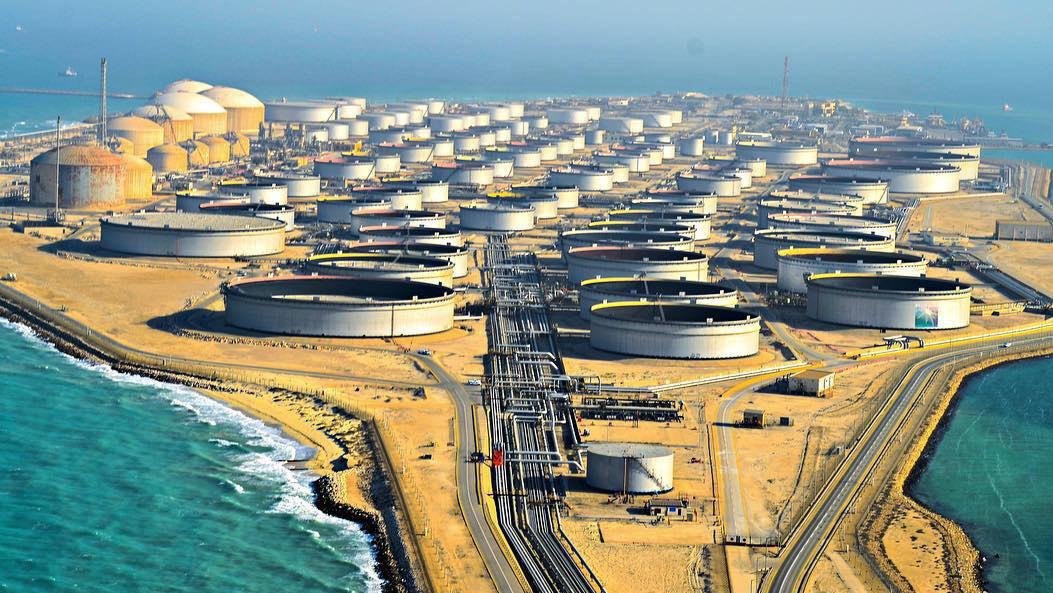
Saudi Aramco stands as a colossus in the global energy landscape, holding the title of the world's largest oil producer and one of the most valuable companies. Founded in 1933 as the Arabian American Oil Company, Saudi Aramco has played a pivotal role in shaping the economy and geopolitics of Saudi Arabia and the broader Middle East region. This article aims to provide a comprehensive overview of Saudi Aramco, delving into its history, operations, significance, challenges, and future prospects.
Historical Background:
Saudi Aramco traces its roots to the early 20th century when American geologists discovered vast oil reserves in the deserts of eastern Saudi Arabia. In 1933, the Saudi government granted a concession to a consortium of American oil companies, including Standard Oil of California (now Chevron), Standard Oil of New Jersey (now ExxonMobil), and Texaco (now part of Chevron), forming the Arabian American Oil Company (Aramco).
Operations and Production: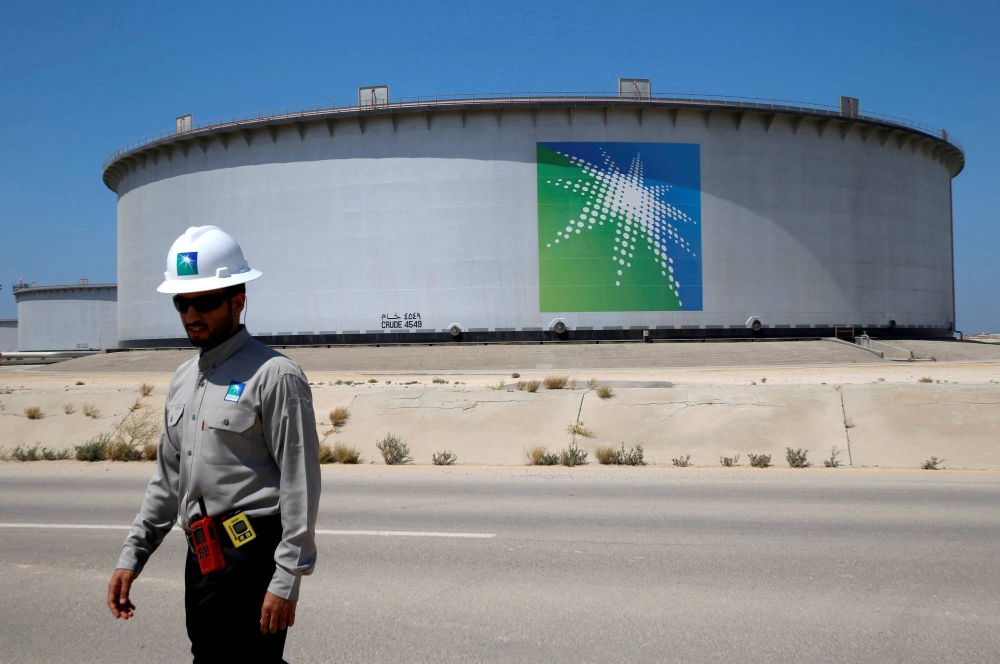
Saudi Aramco operates across the entire oil and gas value chain, from exploration and production to refining, petrochemicals, and distribution. The company's primary focus is on upstream activities, including the exploration, drilling, and extraction of crude oil and natural gas from its extensive reserves in the Arabian Peninsula.
Saudi Aramco's oil reserves are among the largest in the world, estimated at over 260 billion barrels, accounting for approximately 15% of global proven reserves. The company's oil fields, including Ghawar, Safaniya, and Khurais, are renowned for their prolific production capacity and high-quality crude oil.
In addition to oil, Saudi Aramco has made significant investments in natural gas development, with projects aimed at increasing gas production to meet growing domestic demand and support industrial expansion and diversification.
Significance and Impact:
As the world's largest oil producer, Saudi Aramco plays a central role in shaping global energy markets, influencing oil prices, supply dynamics, and geopolitical relations. The company's vast reserves and production capacity give it significant leverage in OPEC (Organization of the Petroleum Exporting Countries) and international negotiations, allowing it to influence production quotas and market strategies.
Saudi Aramco's importance extends beyond the energy sector, serving as a linchpin of the Saudi economy and a key source of government revenue. The company contributes a substantial portion of the kingdom's GDP, government budget, and foreign exchange earnings, making it a vital pillar of economic stability and development.
Challenges and Opportunities: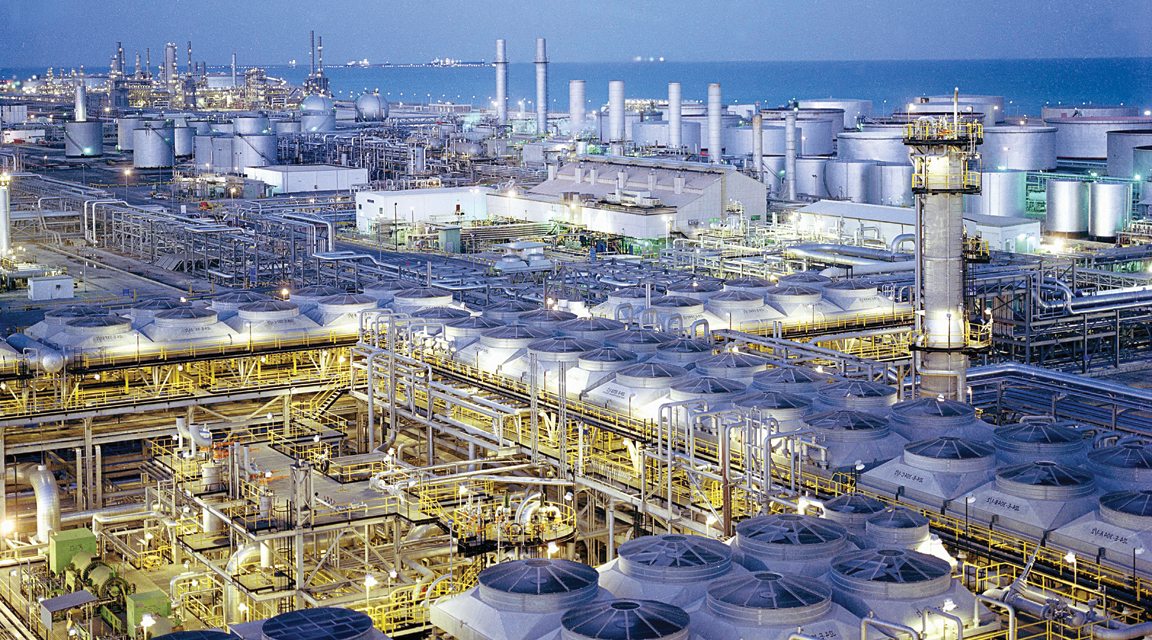
Despite its dominant position in the global energy market, Saudi Aramco faces a myriad of challenges and uncertainties. These include volatility in oil prices, shifting demand patterns, geopolitical tensions, technological disruptions, and the transition towards cleaner energy sources.
To navigate these challenges, Saudi Aramco has embarked on a strategic transformation, diversifying its business portfolio, investing in downstream and petrochemical projects, and exploring opportunities in renewable energy and sustainability. The company's recent IPO (initial public offering) in 2019, which raised a record-breaking $29.4 billion, marked a significant milestone in its efforts to enhance transparency, governance, and shareholder value.
Future Prospects and Sustainability: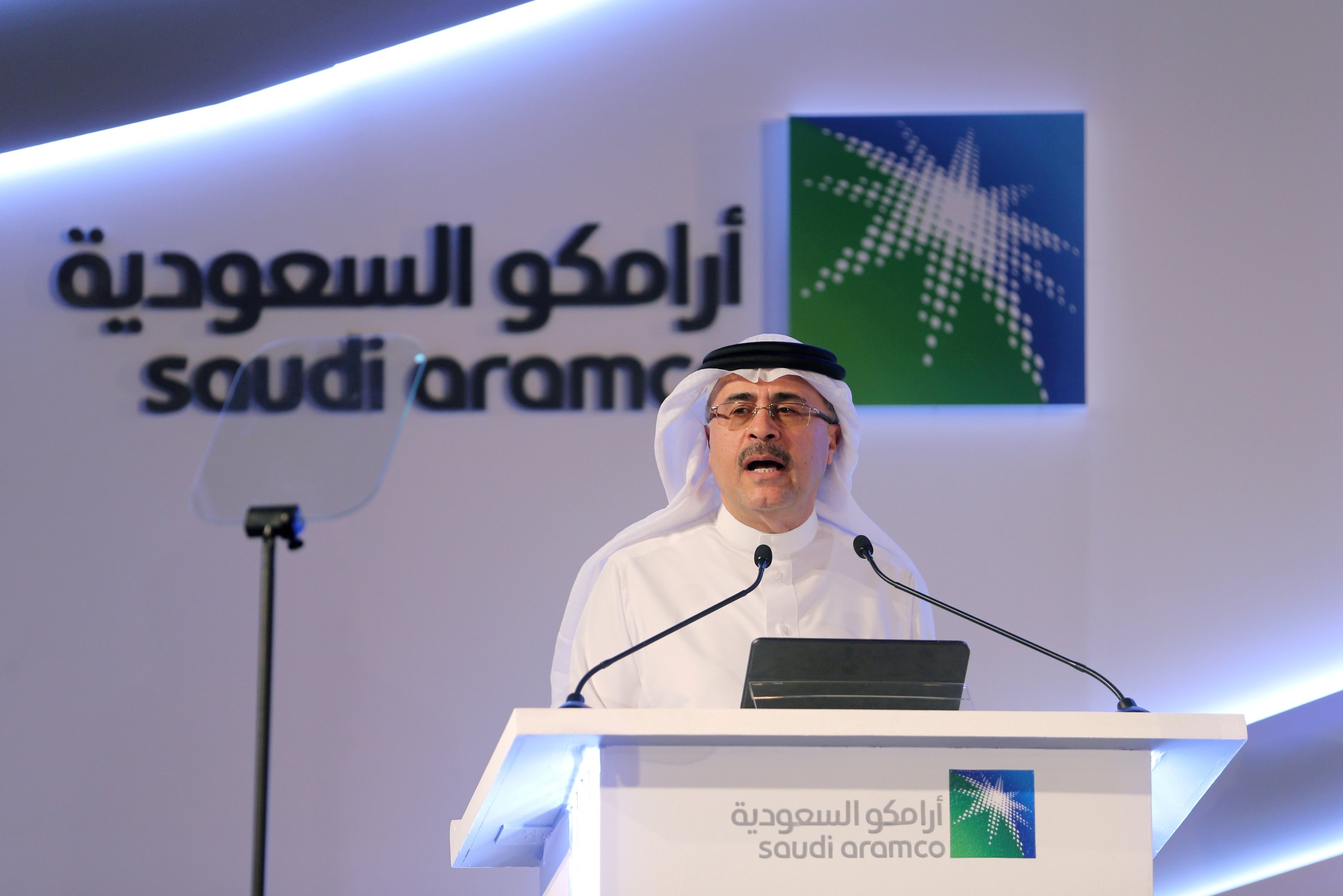
Looking ahead, Saudi Aramco faces both opportunities and risks in a rapidly changing energy landscape. On the one hand, rising global energy demand, especially in emerging economies, presents opportunities for the company to expand its market share and invest in new projects. On the other hand, increasing environmental concerns, regulatory pressures, and the transition towards low-carbon energy sources pose challenges to Saudi Aramco's traditional business model.
In response, Saudi Aramco has outlined ambitious plans to reduce carbon emissions, improve energy efficiency, and invest in renewable energy projects, such as solar and wind power. The company aims to achieve carbon neutrality in its operations by 2050, aligning with global efforts to mitigate climate change and transition to a sustainable energy future.
Saudi Aramco's journey from a modest oil concession to the world's largest energy company is a testament to its resilience, adaptability, and strategic vision. As it navigates the complexities of the 21st-century energy landscape, Saudi Aramco remains a dominant force in global energy markets, shaping the future of the industry and the economies that depend on it. With a renewed focus on sustainability, innovation, and diversification, Saudi Aramco is poised to continue its legacy as a global energy leader for generations to come.
Corporate Governance and Transparency: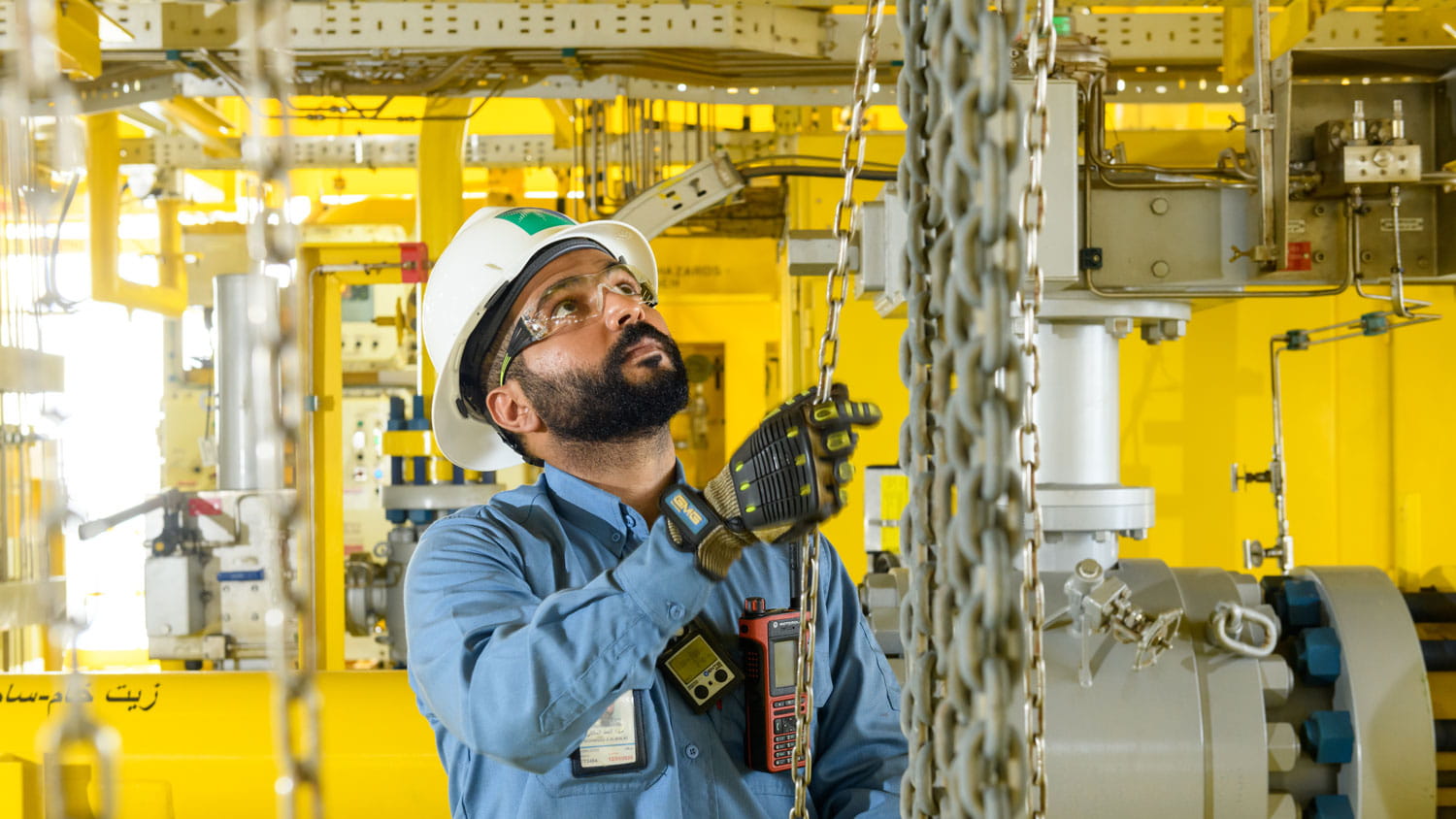
In recent years, Saudi Aramco has placed increasing emphasis on corporate governance and transparency to enhance investor confidence and attract international capital. The company has implemented reforms to strengthen its governance structures, improve financial reporting, and enhance accountability to stakeholders. These efforts include appointing independent board members, adopting international accounting standards, and enhancing disclosure practices to provide investors with greater visibility into its operations and financial performance.
Technological Innovation and Digitalization:
As part of its strategic transformation, Saudi Aramco has prioritized technological innovation and digitalization to optimize its operations, improve efficiency, and unlock new sources of value. The company has invested in cutting-edge technologies, such as artificial intelligence, data analytics, and automation, to enhance reservoir management, increase production yields, and reduce costs. By harnessing the power of digital innovation, Saudi Aramco aims to maintain its competitive edge in an increasingly digitized and interconnected world.
Global Expansion and Partnerships:
To diversify its business portfolio and expand its global footprint, Saudi Aramco has pursued strategic partnerships and investments in key energy markets around the world. The company has formed joint ventures, alliances, and strategic alliances with leading international oil companies, national oil companies, and industrial partners to access new markets, technology expertise, and investment opportunities. These partnerships enable Saudi Aramco to leverage its strengths and capabilities while mitigating risks and sharing resources with trusted partners.
Social Responsibility and Community Engagement: As a responsible corporate citizen, Saudi Aramco is committed to supporting the communities in which it operates and promoting sustainable development initiatives. The company invests in education, healthcare, infrastructure, and social welfare programs to improve the quality of life for local residents and contribute to the long-term prosperity of host communities. Through its corporate social responsibility initiatives, Saudi Aramco seeks to create shared value, foster inclusive growth, and build lasting relationships with stakeholders.
As a responsible corporate citizen, Saudi Aramco is committed to supporting the communities in which it operates and promoting sustainable development initiatives. The company invests in education, healthcare, infrastructure, and social welfare programs to improve the quality of life for local residents and contribute to the long-term prosperity of host communities. Through its corporate social responsibility initiatives, Saudi Aramco seeks to create shared value, foster inclusive growth, and build lasting relationships with stakeholders.
Talent Development and Human Capital:
Saudi Aramco recognizes that its success depends on the talent, expertise, and dedication of its workforce. The company invests in talent development, training, and career advancement opportunities to attract, retain, and empower top talent from diverse backgrounds. Saudi Aramco's commitment to human capital development extends beyond its own workforce to include initiatives to build capacity, promote skills development, and support entrepreneurship in the communities it serves. By investing in its people, Saudi Aramco ensures that it remains a destination of choice for the best and brightest minds in the energy industry.
Conclusion: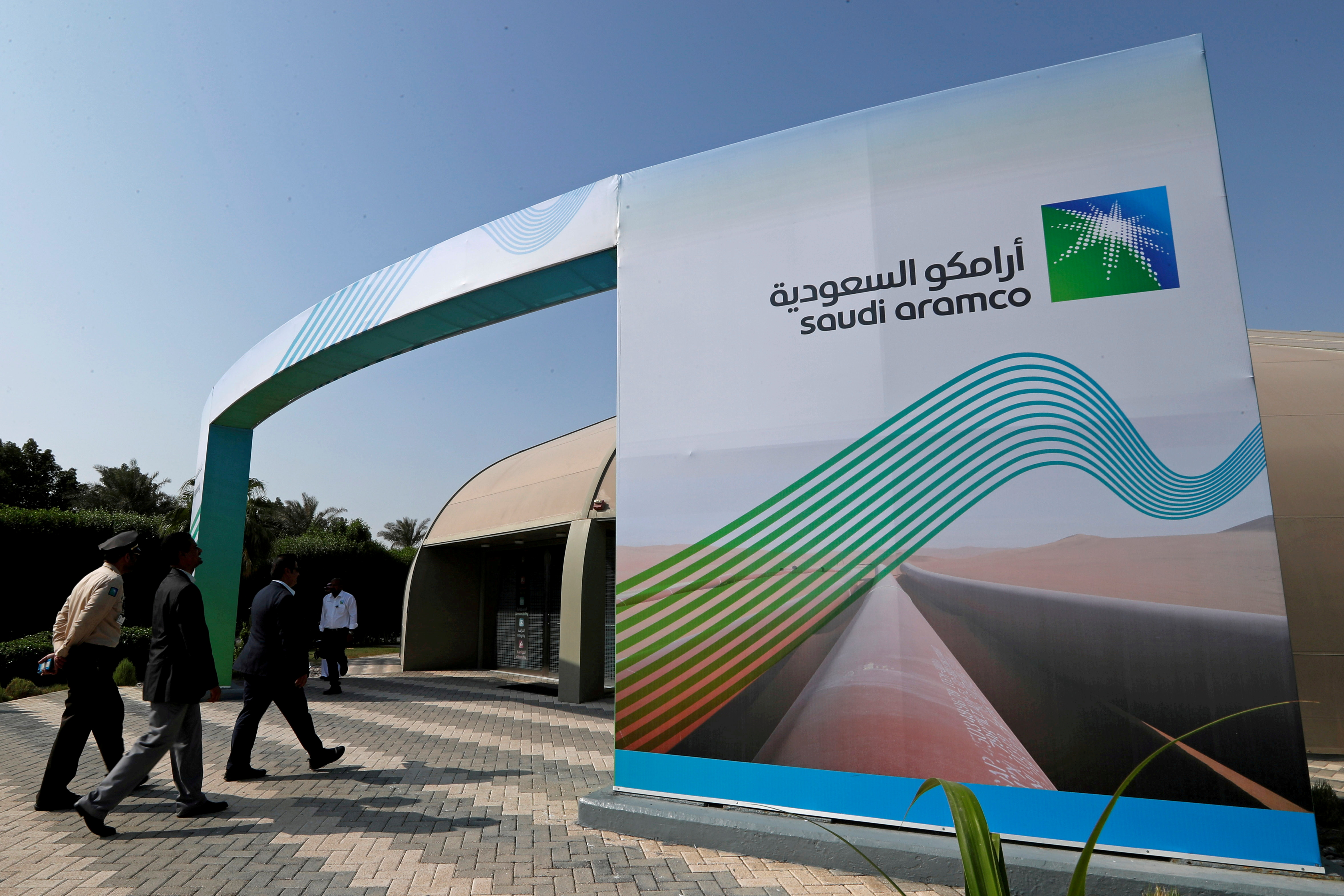
Saudi Aramco's journey from its humble beginnings as an oil concession to its current status as a global energy powerhouse is a testament to its resilience, innovation, and strategic vision. As it continues to navigate the challenges and opportunities of the 21st-century energy landscape, Saudi Aramco remains committed to its core values of excellence, integrity, and sustainability. With a focus on diversification, innovation, and stakeholder engagement, Saudi Aramco is well-positioned to shape the future of the global energy industry and contribute to the sustainable development of the communities it serves.










































